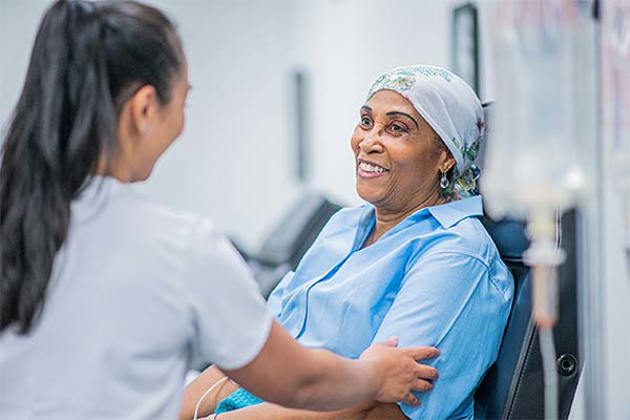By Darryl Hodgson,

Psycho-Oncology as a specialty area integrates the psychological, social and behavioural dimensions of cancer. Psycho-oncology developed as an evidence-based discipline to offer an alternative to unproven therapies and to optimise coping and support for patients with cancer and, importantly, their families.
Empirical studies have defined the prevalence of morbidity arising from cancer and the acute, longer-term and late effects of its varied treatments. Interventions have been adapted to respond to existential challenges, death anxiety, fear of recurrence, disease progression, palliative care and have been continued into bereavement. Mixed modality treatments have combined psychotropic and psychotherapeutic interventions. Survivorship studies have examined rehabilitation, fertility, sexuality, body image and relational impacts of illness.
Our case studies reinforce the breadth of challenges the cancer patient faces from experience of diagnosis to onset of disease and relative treatment to potentially palliation. A very useful model approaching the diagnosis from the beginning is to delineate the typing of the sufferer as the “cancer patient” from the “self”.
Many of us have experienced observing the despair, desolation and a sense of decay pervading the waiting rooms and chemotherapy groups of the hospital providing specialised treatment. We maybe have helped loved ones and friends tread the institutionalised halls of these hospitals providing a myriad of cancer treatments. It is not hard to see how “the Cancer Patient” develops. Not surprisingly the typology includes fear, anger, resignation, death anxiety and identity change amongst a diverse range of reactions, many involving family.
Notably an important priority in approaching a cancer sufferer in your room is to understand the confusion in cognitive processing exacerbated by the treatment regimes and rumination associated with the implications of the disease. “Support” and “Sharing” are imperatives in the dialogue and this is where also the family/friends play a vital role in the treatment. Not only for the sufferer but for themselves and the family unit potentially facing bereavement. You are treating a social unit, not just an individual.
As psychologists we are endeavouring to encourage a sense of normalisation and meaningful life. Not just a notion of “stoicism” and “bravery” so often verbalised in the context of oncology but rather “resilience” and searching to experience new and different things.